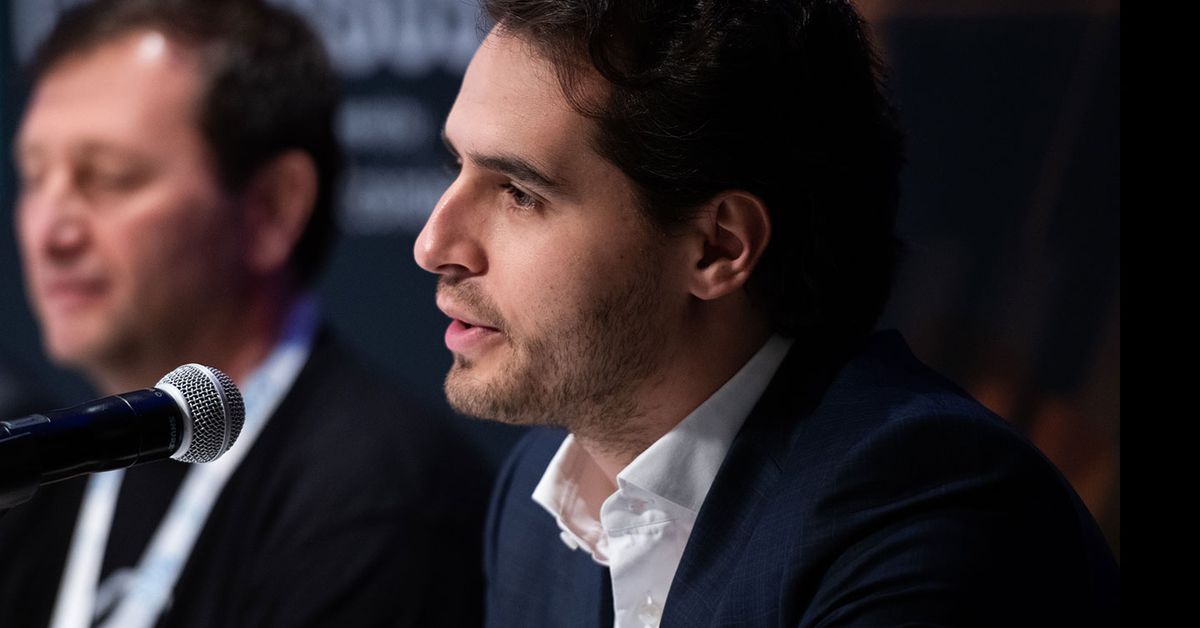Crypto lender Nexo has positioned itself in recent months as a potential acquirer of ailing crypto firms.
But data posted on the website of an accounting firm contracted by Nexo to provide regular attestations on customer balances shows that the lender may have suffered from withdrawals similar to those that led to troubles at rivals.
The Bulgarian firm’s customer liabilities – the value of digital assets users deposited on the platform – declined to $3.9 billion as of Thursday, down from $6.9 billion on May 12, based on the real-time attestations provided by Armanino LLP. CoinDesk obtained data on the prior time period by accessing the Wayback Machine, a tool that records earlier versions of websites for posterity. Nexo is a private company, so its financial statements aren’t publicly available.
The drop in the customer liabilities works out to about a 44% decrease. During that time, bitcoin’s (BTC) price fell by about 20%, and the price of ether (ETH), the second-biggest cryptocurrency, was down 22%. So market factors may account for some of the drop.
Customer liabilities expressed in bitcoin terms, which helps filter out the fluctuation in crypto prices, fell to 169,672 BTC from 261,111 BTC – a 35% drop over the same period.
“It’s very natural behavior, given the state of the market,” said Vetle Lunde, an analyst at the crypto research firm Arcane Research who conducted and published his own assessment of the Nexo data earlier in the week. “Nexo users are cautious given the shaky market conditions and the bankruptcies affiliated with other big retail-oriented crypto lending platforms.”

Nexo’s customer liabilities have been steadily shrinking in the last two months. (Arcane)
A Nexo spokesperson told CoinDesk that the outflows from the platform “are proportional to the volatility in the space” and are considered “relatively normal for such a bumpy time” in the crypto market.
“They are nothing Nexo hasn’t seen before during previous periods of volatility like the 2020 COVID panic,” the spokesperson added.
This year’s crash in crypto prices has rattled nerves of retail depositors while also saddling big industry players with losses on assets they had lent out in search of yields. Celsius Network, a crypto lender, and Voyager, a crypto trading platform, each froze withdrawals and later declared bankruptcy. Another distressed lender, BlockFi, received a credit lifeline from crypto exchange FTX, which later gained an option to acquire the firm at a steep discount.
Nexo has so far avoided such drastic moves and appears to have sidestepped some of the worst debacles. The platform managed to avoid headlines in the multibillion-dollar crash of the Terra blockchain and also steered clear of the implosion of the crypto hedge fund Three Arrows Capital.
“As you may have read from Three Arrows Capital’s reveal, Nexo’s name was not among those exposed,” the Nexo spokesperson said.
Nexo says it lends funds on a strictly overcollateralized basis, a practice that provides protection in case a borrower defaults on the loan.
The Nexo spokesperson emphasized to CoinDesk that “at any moment Nexo’s assets under management exceed its obligations, meaning we are stable and able to provide clients with their funds at any time.”
Nexo’s acquisition plans
Nexo has been vocal about looking to capitalize on the weakness of competitors, characterizing itself as a consolidator in the crypto lending space. The firm hired banking giant Citigroup to advise it on deals to acquire other crypto lenders.
Earlier this month, Nexo signed a term sheet to acquire Vauld, an ailing crypto lending platform backed by Peter Thiel and Coinbase Ventures that halted withdrawals, cut jobs and looks to restructure. Earlier this month, Vauld filed for protection from creditors in Singapore.
“The Nexo and Vauld teams are in constant contact surrounding the former’s potential acquisition of Vauld,” the spokesperson said. “Our team was aware of the filing and that it would in no way affect our ability to conduct our due diligence, and if everything checks out, proceed with an acquisition.
“Nexo has an expansive war chest for such deals and does not use clients’ funds for such activity in any way.”
Fewer deposits on Nexo “may have second-order effects, in this instance impacting Nexo’s revenue” from lending, Arcane’s Lunde said.
The platform’s utility token, nexo (NEXO), is down 80% this year, currently trading at 70 cents.





